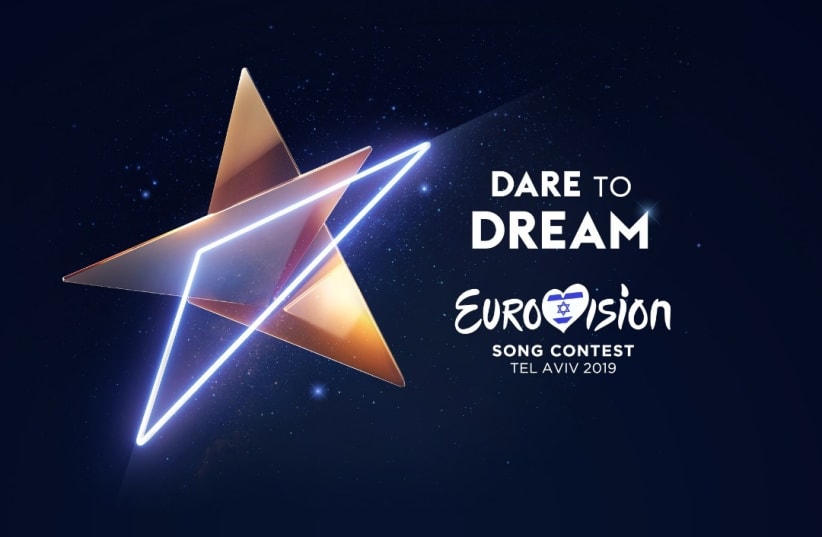Anna Korsun, 27, who goes by the stage name Maruv, was selected by a public vote on Saturday to sing at the contest in Israel.
But she said the state broadcaster had tried to impose contractual obligations on her, including requiring her not to perform in Russia. She said that would have made her a propagandist for the Kiev government.
Relations between Moscow and Kiev plunged following Russia's annexation of Crimea in 2014 and support for a separatist uprising in eastern Ukraine that has killed more than 13,000 people.
Maruv and the National Public Broadcasting Company of Ukraine (UA:PBC) failed to come to an agreement, but the participants who came second and third rejected a proposal to go to Israel instead of Maruv, citing their tight schedules.
"In the current situation... as well as in conditions of excessive politicization of the national selection process, the National Public Broadcasting Company decided to refuse to participate in the International Song Contest Eurovision-2019," it said in a statement.
Ukrainian singers won Eurovision in 2004 and 2016.
The Eurovision contest hosted in 2017 by Ukraine was also dogged by controversy. Russia boycotted the event after Ukraine barred its entrant, Yulia Samoylova, because she had performed in Crimea without Kiev's permission.
